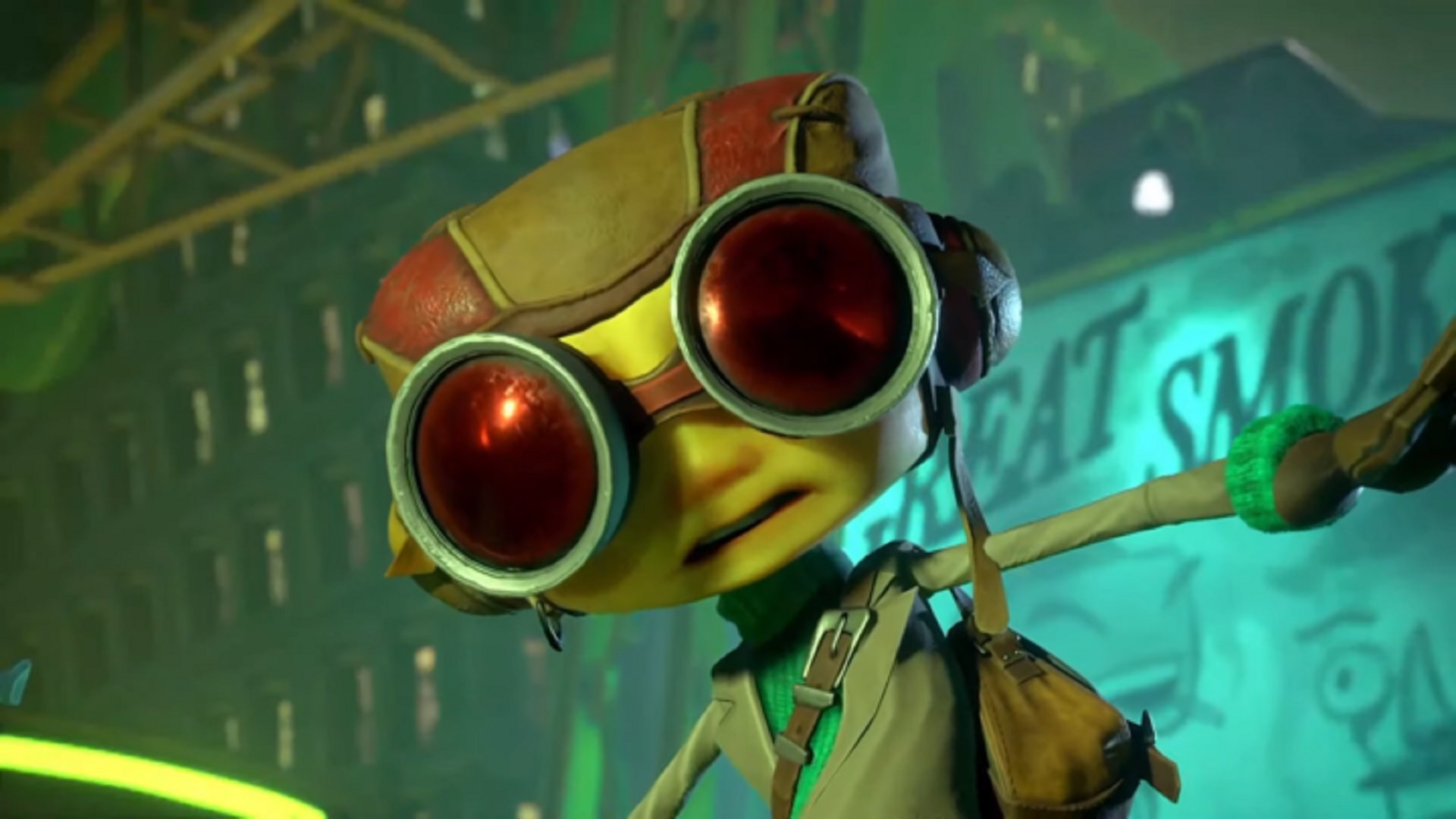
On one glorious evening in 2004, I managed to get enough people, Game Boys and link cables in the same room to play four-player Zelda on the Gamecube, and it was an absolute riot. When I was a teenager I’d rope in my friends, hauling TVs around the house to facilitate 16-player Halo LAN parties when I got my hands on an Xbox.

We played Smash Bros and Mario Party together – and developed a quite nasty rivalry in Mario Tennis.
#PSYCHONAUTS 2 MULTIPLAYER CODE#
In the tiny under-stair room our parents let us plaster with adverts and posters torn out of video game magazines, we would diligently enter a co-op cheat code so that we could play Diddy Kong Racing together, one of us waiting near the finish line to sabotage our competitors with rockets while the other flew past in first place. When I was little, I played video games with my brother on the family SNES and N64. The re-emergence of GoldenEye 007 this month has reminded me just how vital that kind of multiplayer has been in my personal gaming history. For whatever reason, I don’t connect with people in those worlds, behind screen-names – but I have spent most of my life playing games with people in real life in front of the same screen. Aside from a brief Guild Wars obsession as a teen, I’ve never been into online multiplayer. I experience the social aspect of games on a smaller, more intimate scale. Twitch is part of this continuum, too – streamers don’t just play games for an audience, they create communities, where relationships can then form. Online gaming has brought us so much in this regard: people have formed lifelong friendships through all kinds of video games, from World of Warcraft to No Man’s Sky. And I’m fascinated by how Eve Online has attracted a particular flavour of person – usually science-fiction-obsessed, very often in some position of power in real life – to create an intergalactic community that mimics the economics and power structures of our own, but with extra skullduggery.

I once wrote about a long-distance couple who stayed connected by playing Dark Souls, wrestling with that game’s opaque online matchmaking to ensure that they could always find each others’ summon signs, hidden in a nook behind a wall or under a distinctive vase. I have a weakness for stories about outsiders finding each other, and games make that happen with charming regularity. R egular readers will know that I find video games’ ability to pull people together to be one of the most interesting things about them.


 0 kommentar(er)
0 kommentar(er)
